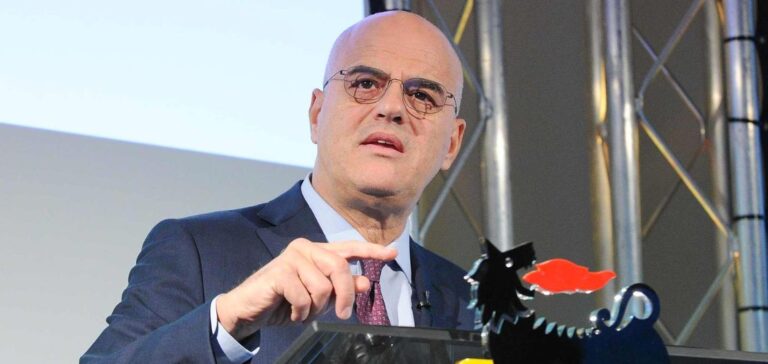Europe must include natural gas in its long-term transition plan, according to Eni’s CEO.
Gas is essential for the transition according to Eni
For Europe, this will ensure energy security and lower fuel prices. According to Claudio Descalzi, CEO of Eni, Europe cannot base its transition strategy solely on renewable energy. They would not be enough to ensure its energy needs.
The CEO of Eni believes that renewable energy must be combined with other solutions in Europe, such as gas. Capping gas prices would not be a viable solution to the continent’s energy crisis. In addition, the absence of gas in the transition plan delays the necessary long-term investments.
In addition, natural gas demand is only slightly impacted by the price surge in Europe. Thus, he considers this demand to be inelastic because it is not declining. Thus, there remains only an increase in supply to reduce prices.
Supporters
The head of Eni has received the support of several actors for the inclusion of gas in the long-term transition in Europe. The Algerian Minister of Energy supports the need for long-term investments in the gas sector. Bahrain’s Minister of Petroleum and Environment is concerned about future difficulties in financing fossil fuel projects.
Banks must respect their ESG (Environmental, Social and Governance) objectives. Part of these targets is the amount they inject into fossil fuels. As a result, financing for these projects, particularly those involving natural gas, is becoming increasingly difficult to find.
Eni’s CEO and the energy ministers of Bahrain and Algeria agree on the need for long-term investments in gas. However, they face a lack of visibility for the long term. In addition to this difficulty, there is the problem of financing, particularly in Europe.





















